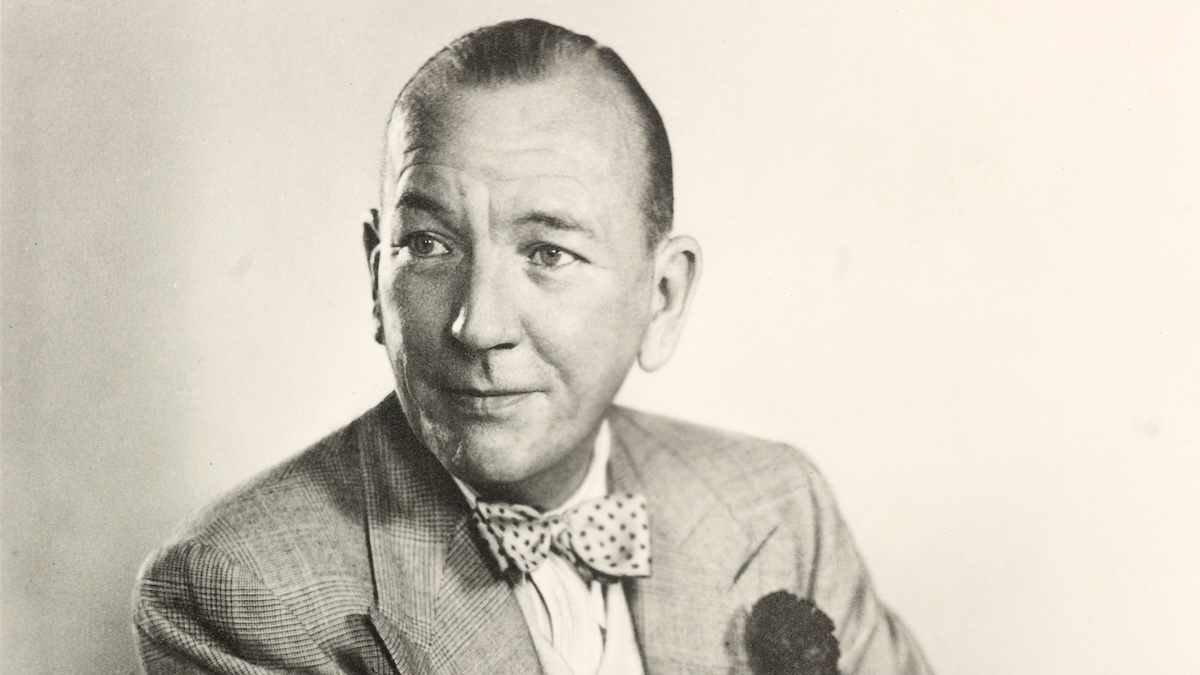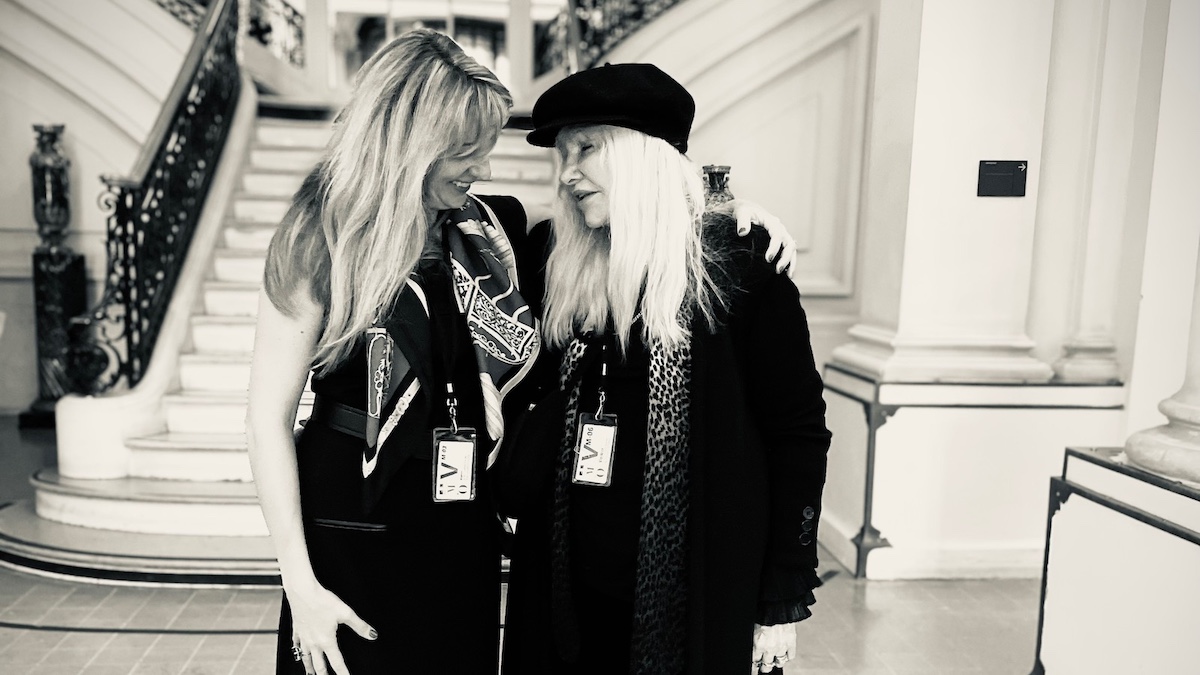
Adapting a novel for the stage can feel daunting, even more so when you’re taking on a cult classic like The Girl on the Train (US/UK).
We’ve spoken to Rachel Wagstaff (RW) and and Duncan Abel (DA) about their experience of bringing this nail-biting drama to life on stage.
….
The Girl on the Train started off as a bestselling novel which was then adapted into an incredibly popular film with an all-star cast. How did it feel to adapt such a well-known novel for the stage?
DA: The novel and the film already had such an enthusiastic following. It was a privilege to reimagine this story for a live audience, using devices that could only be rendered on stage.
RW: It’s as nerve-wracking as it is exciting, taking on something that is hugely popular. You feel a real responsibility not just to the author and the work itself, but also to all those millions of fans who already love – and often feel a sense of ownership towards – the novel. It was wonderful being able to meet with Paula Hawkins and talk through our decisions with her. If the original author is behind what you are doing, that’s always incredibly reassuring.
The mystery of the story is driven by not only what is left unsaid by the characters but also the duplicitous nature of their actions. What did you do to strike the right balance between what is shown to the audience and what is simply suggested?
DA: I think a part of what made the novel so enthralling were those moments that seemed just out of reach. We hoped that the theatricalising of Rachel’s memory fragments would give the audience a new way to experience this leitmotif.
RW: So the audience is with Rachel as she tries to reconstruct her memory, while also reconstructing her sense of self. It’s there at the beginning as a blurred and aural (rather than visual) memory of the day of the murder and, as the play unfolds, Rachel slowly is then gradually able to fill out what she heard and saw on that day. We wanted the audience to doubt every character, even Rachel, just as Rachel doubts herself.
DA: We made every character speak their own piece as if it were true, even when, in retrospect, an audience can realise just how much a character has been manipulating their truth from the very beginning.
What was your favourite aspect of adapting work for the stage?
RW: I love taking a piece of work that is incredibly important to me and bringing it to life for a live audience every night. Capturing the heart and spirit of the work while also distilling it into something complete in itself; honouring the story, central characters and themes while also transposing it into work that could only exist in a live medium.
DA: Writing a stage play is inherently collaborative. I love how the creativity of designers, actors, directors can help ignite one’s own imagination.
Is there any advice you’d give to those wanting to stage this gripping mystery themselves?
RW: We found what worked best was using the various tools of stagecraft at our disposal to make sure that the thriller aspect is enhanced/underlined: using lights, sound, projection and music to deepen the tension and enhance that feeling of increasing urgency and approaching danger throughout. The play is as haunted as the central character, Rachel, should be. We need to see a broken woman who finds her inner strength again; strength enough finally to stand up to the person who has almost crushed her spirit.
DA: The juxtaposition of the literal world and the broken world of Rachel’s memory is key to the storytelling. My advice to anyone staging this play would be to be bold and unafraid.
Are there any other novel and/or film adaptations that you would like to bring to life on stage?
RW: Always. There are so many authors that I love and whose work I would wish to bring to life in theatrical form. For me, the main thing is to find something that I would want to see myself and something I care about deeply, to ensure that I can happily live working on it for years.
DA: Art Spiegelman won’t let anyone adapt Maus. But if he ever changes his mind…
…
To find out more about licensing the show visit our website! In the US/North America, click here. In the UK/Europe, click here.
You can also read this adaptation of the brilliant novel (US/UK).

Noël Coward’s Travels

Kate Chopin in New Orleans: Mother-Daughter Author Duo Collaborate on Historical Book

